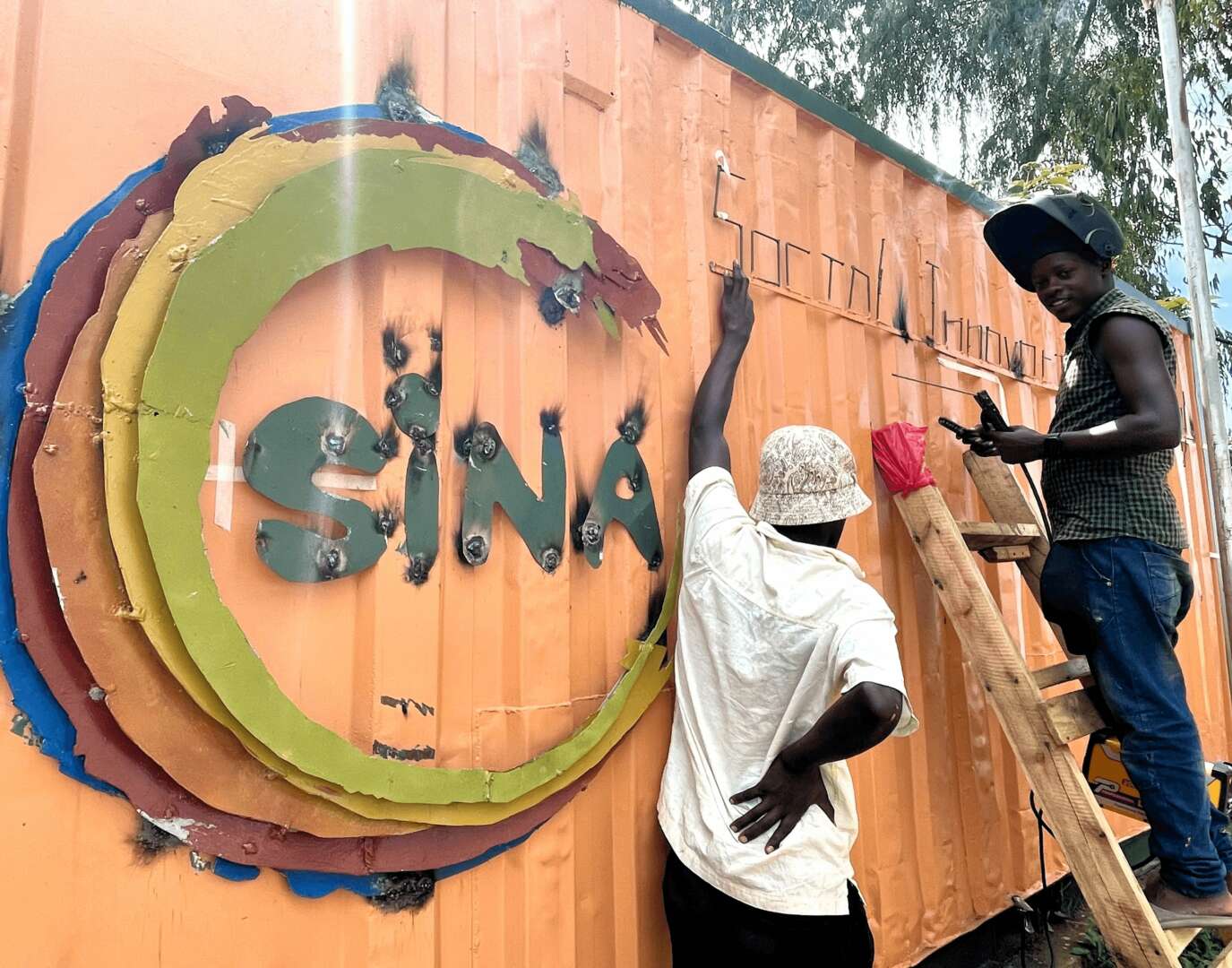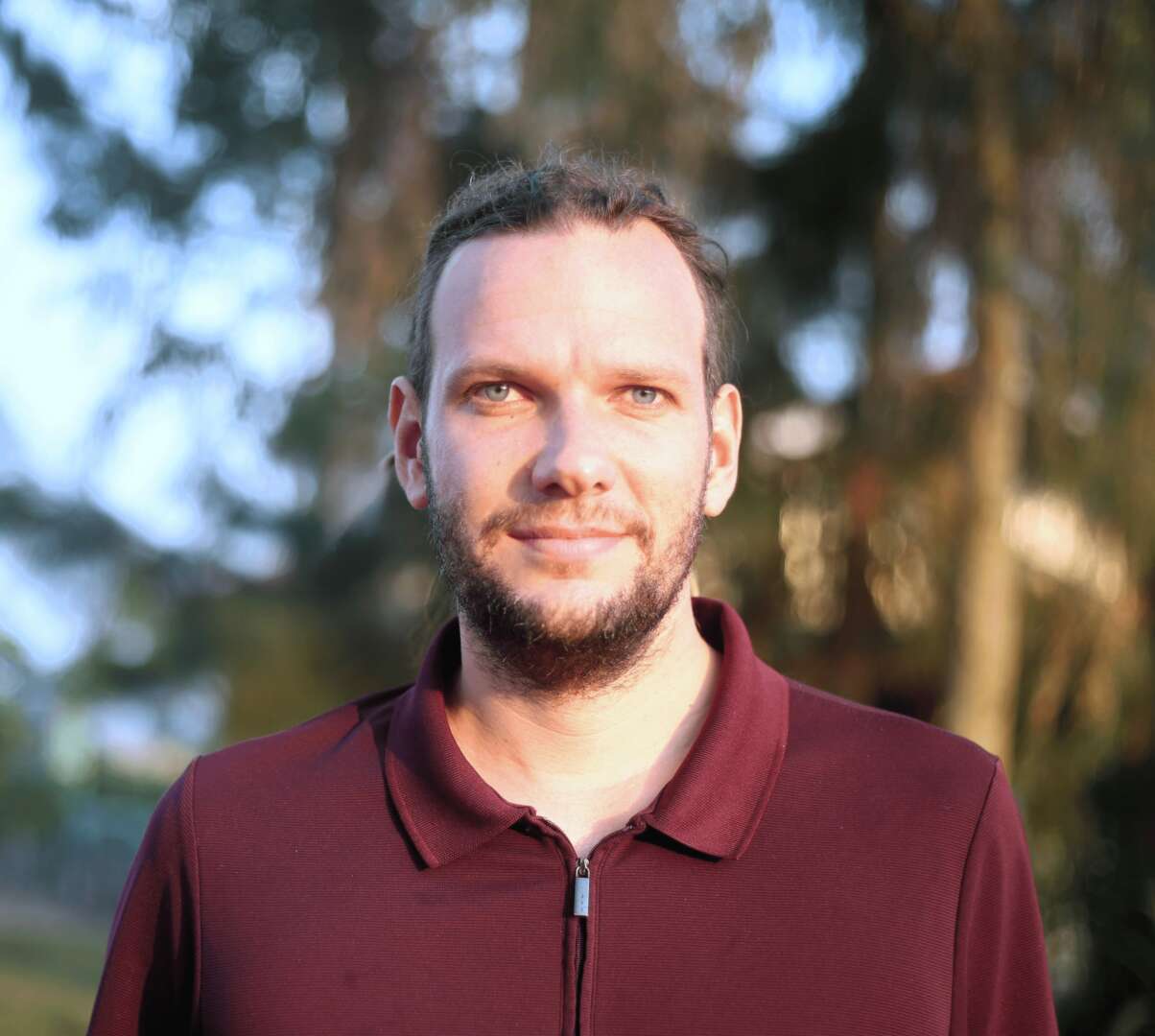We were lucky to catch up with Etienne Salborn recently and have shared our conversation below.
Etienne, appreciate you joining us today. Let’s start with education – we’d love to hear your thoughts about how we can better prepare students for a more fulfilling life and career
To prepare students for a more fulfilling life and career, the education system needs a significant transformation. At SINA (Social Innovation Academy), we believe that education should be more than just a pathway to employment—it should be a journey of self-discovery, empowerment, and purpose. Traditional education often emphasizes rote learning and standardized tests, which can stifle creativity and limit the development of critical life skills. Instead, we advocate for an approach that combines freedom with responsibility, what we call “freesponsibility.” This method allows learners to pursue their passions, take ownership of their education, and develop the skills necessary to create meaningful and impactful careers.
I witnessed firsthand the limitations of the traditional education system in Uganda, when I met a young girl in an orphanage in 2006, where I was volunteering for one year. She was anxious about her future after finishing primary school. Despite her good grades, she had no prospects for further education due to financial constraints. This experience highlighted the systemic issue where education ends up being a privilege rather than a right, and many children are left with little hope or opportunity to break out of poverty.
In response, SINA was founded to empower marginalized youth by allowing them to create their own curriculum and take on real responsibilities within a self-organized learning community. This model has enabled many young people, including former orphans, refugees, and former child soldiers, to transform their personal challenges into opportunities, founding over 90 social enterprises and close to 1000 jobs, while the enterprises address various social and environmental issues at their roots.
Through the SINA Framework, we have seen that when students, who we call “scholars” are finding their purpose, align to it and apply what they learn in real-world contexts, they not only gain the knowledge and skills needed for successful careers but also develop a deep sense of meaning and resilience in their social enterprises. This is the kind of systemic change needed in education to truly prepare students for life.

Etienne, love having you share your insights with us. Before we ask you more questions, maybe you can take a moment to introduce yourself to our readers who might have missed our earlier conversations?
My name is Etienne Salborn, and I am the founder of SINA (Social Innovation Academy), a pioneering organization dedicated to enabling marginalized youth in Africa to create social enterprises that address the root causes of the challenges they face. My journey into this field began somewhat unexpectedly. After finishing high school in Germany, instead of joining the obligatory military service at the time, I chose to volunteer for a year in Uganda at the Kankobe Orphanage. Here the children had no hopes for further education after primary school. This deeply troubling situation led me to start a sponsorship program for children in the orphanage, which eventually grew into a formal non-profit organization called Jangu e.V.
Over the years, as I continued to return to Uganda, I realized that traditional education was not enough. Even those who completed their education with good grades struggled to find employment in a country with high youth unemployment rates and a rapidly growing population. In 2014, the idea of SINA was born in a collaborative open space dialogue with me and the graduated students from the sponsorship program to create their own jobs and transform their own lives by starting social enterprises.
We together developed the freesponsible self-organized SINA Framework and saw remarkable results when you let people be in charge of their own future. Since 2014 the Framework has also been replicated by SINA scholars in so far 18 locations in Uganda, the Democratic Republic of Congo, Tanzania, Zimbabwe, Kenya and Cape Verde. Four more replications are on the way for 2025.
The core problem SINA addresses is the cycle of poverty and dependency among marginalized youth. Traditional education often fails to equip young people with the skills needed to break out of poverty. In Africa, where youth unemployment is a significant issue, many young people find themselves with little hope for the future. SINA offers a solution by reversing the role of disadvantaged youth from passive recipients of aid to active drivers of their own futures.
At the heart of SINA is the belief that everyone has the potential to create change, no matter their background or circumstances. We are more than just an educational institution; we are a movement towards a world that works for everyone. SINA scholars and social enterprises born at SINA have been honored by numerous international awards and been recognized by e.g. the Pope, Obama, or the Queen of England. We empower the youth to turn their challenges into opportunities and to create a better future not only for themselves but for their communities as well.

What’s a lesson you had to unlearn and what’s the backstory?
When we first started working with disadvantaged youth in Uganda, we encountered individuals who had been dealt some of the hardest hands in life. Society had labeled them as failures, and many of them had internalized this label. They believed that their past defined their future, and that their lack of formal education meant they could never achieve anything significant. This is why we made the scholars to become co-owners of SINA, who run everything. It is the scholars who do the accounting, training sessions, logistics, etc. This builds confidence, skills, abilities and a growth mindset. Scholars start with small roles and accountabilities in a holacratic system and grow towards being in charge of larger budgets, new solutions and a place of 100 people.
We also developed a structured process to help our scholars unlearn and overcome limiting beliefs. We call this the “Confusion Stage,” which is the first phase of our empowerment model. During this stage, scholars engage in various activities designed to push them out of their comfort zones and challenge the assumptions they have about themselves and the world.
One of the most effective tools we use is the Comfort Zone Challenge. This involves encouraging scholars to take on tasks or roles that they initially believe are beyond their capabilities. Another key element is Life-Coaching, where scholars set personal goals and break them down into actionable steps. Scholars are supported in this process by peers and mentors who have gone through similar journeys. By continuously expanding their comfort zones and achieving small victories, scholars begin to see that their potential is not limited by their past experiences or societal labels.
Through this process, our scholars learn that failure is not something to be feared but an essential part of growth. They start to embrace the idea that the path to success is not linear and that their unique experiences, no matter how challenging, are assets rather than liabilities. This unlearning of limiting beliefs is crucial because it opens up a world of possibilities that they hadn’t considered before.

Learning and unlearning are both critical parts of growth – can you share a story of a time when you had to unlearn a lesson?
Looking back, I realize that unlearning this belief was also essential for me as a leader. If I had continued to believe that success had to follow a traditional path and depended on me, we would not be where we are today. SINA distributes all authority and is self-organized and this was the best possible decision to go with in the beginning. This lesson has allowed me to see that true empowerment comes from within, and that the most profound change happens when people realize they are not defined by their circumstances but by their actions and mindset. A strong purpose in life will change everything.
Today, seeing our scholars transform their lives and become social entrepreneurs, tackling the very issues that once held them back, is a constant reminder that unlearning limiting beliefs is not just important—it’s transformative. This is the core of what we do at SINA, and it’s the lesson I continue to carry with me in all aspects of my work.
For more details on SINA, please visit https://www.socialinnovationacademy.org
Contact Info:
- Website: https://www.socialinnovationacademy.org
- Instagram: https://www.instagram.com/socialinnovationacademy/
- Linkedin: https://www.linkedin.com/school/social-innovation-academy-sina-/
- Youtube: https://www.youtube.com/@socialinnovationacademy



Image Credits
SINA (Social Innovation Academy)


